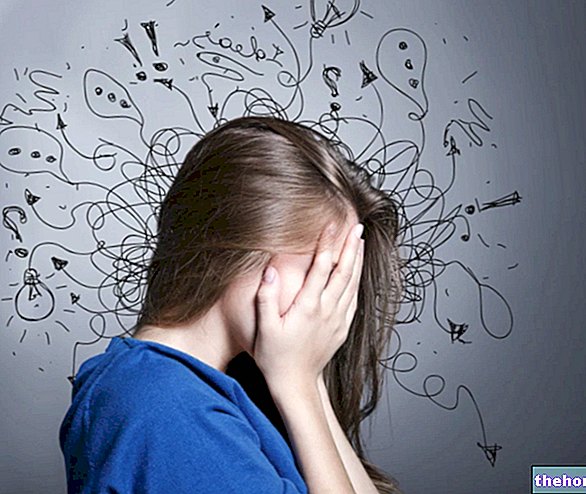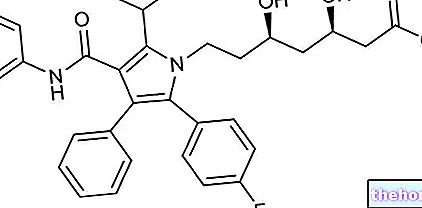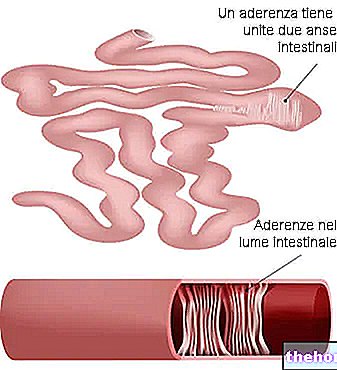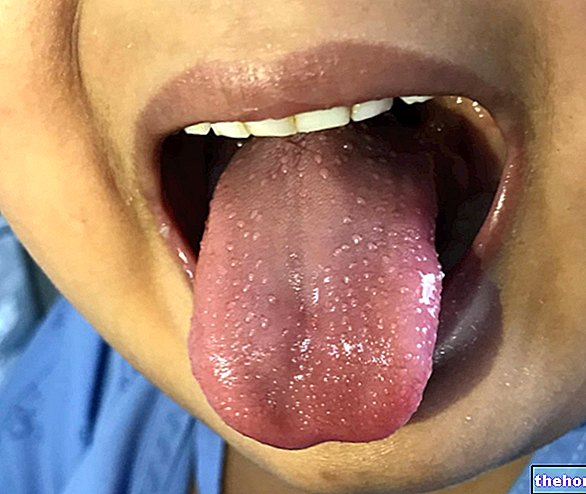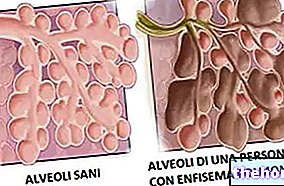Edited by Dr. Gianpiero Greco
Music is applied to all ages and affects the heart rate, blood pressure, breathing (greater amount of O2 available for the various parts of the body), the level of some hormones, in particular that of stress, and endorphins.
Listening to Mozart's music has benefits on memory and learning, as it promotes concentration and improves productivity. (Jausovec et al., 2006).

Glenn Schnellenberg has shown that children who go to music class have higher IQ growth. compared to other extracurricular activities, which in any case make a good contribution to the development of intelligence.
For Schnellenberg, the alleged "Mozart effect" would be due to a more generic effect of music, which is capable of relaxing and improving the mood. Provided, however, that it is the preferred one.
Music helps relieve chronic pain and improves mood, a study has shown (Siedlecki et al., 2006) on chronic pain linked above all to pathologies such as osteoarthritis and rheumatoid arthritis.
Music soothes pain after a "surgery, reducing the administration of painkillers, resulting in a reduction in adverse drug effects such as nausea and vomiting. (Cepeda et al., 2006).
Music is also used for terminally ill cancer patients (Hilliard RE, 2003) to control pain and promote physical well-being and relaxation, probably thanks to the superior release of endorphins induced by musical activity.
Music was also used in the delivery rooms (Chang et al., 2008). The mothers who benefited from it required a reduced administration of pain-relieving drugs during labor, because the music induced the visualization of positive images and relaxation, also favoring the dilation of the cervix and the correct positioning of the baby.
It has been demonstrated (Wachi et al., 2007), with subjects employed in a large company, that musical activity is able to objectively reduce the level of stress, even from the biochemical point of view, reducing inflammatory markers and improving the activation of the “natural killer” cells of the immune system.
Playing a musical instrument in an amateur way is an effective way to combat stress (Bittman et al., 2005).
Psychological distress is a risk factor for many skin diseases, especially psoriasis (Lazaroff et al., 2000). The music therapy sessions led to a decrease in blood pressure and heart rate, a reduction in the urge to scratch and skin manifestations as a whole.
A study conducted on patients with Alzheimer's (Ziv et al., 2007), shows that music can be beneficial by reducing the negative consequences typical of their condition.
Listening to music for two or three hours a day in the period following a stroke facilitates the recovery of verbal memory, stimulates the ability to concentrate and improves mood by preventing depression (Särkämö et al., 2008).
Music: psychological effects
Pitch: a high pitched sound generates more tension in the listener, conversely a less high pitched sound involves less tension.
Intensity: a louder sound has an energizing, weaker relaxing effect.
Timbre (Young's law): with a released arm and curved fingers a sound is produced in which consonant harmonics prevail, a sound that the listener perceives as full, round, rich; vice versa, holding the arm rigid and the fingers stretched out produces a a sound in which dissonant harmonics prevail, a sound that the listener interprets as poor, rigid, angular.
Duration
Rhythm: regular has a stabilizing effect; irregular (various durations) destabilizing.
Execution time: fast excitatory effect, moderate serene atmosphere.
Melody: built on joint degrees it causes pleasant experiences, vice versa it causes discomfort.
Harmony: consonant you have a sense of stability, of calm, of conclusion; dissonant restlessness, tension, expectation.
Effects linked to collective memory: the tone of the organ mostly generates a sense of spiritual elevation, because for centuries, in Western music, this instrument has been used in the ecclesiastical context during religious services.
Effects linked to individual memory: every moment of our life is characterized by images, sounds, smells ... thus, the recurrence of an "image, a sound sequence, a bouquet of perfumes, etc., can bring back a memory, and vice versa, the recurrence of a memory reactivates the visual, auditory, olfactory, gustatory sensations connected to it.
Anxiety, stress and Back Scool + Bibliografa "




